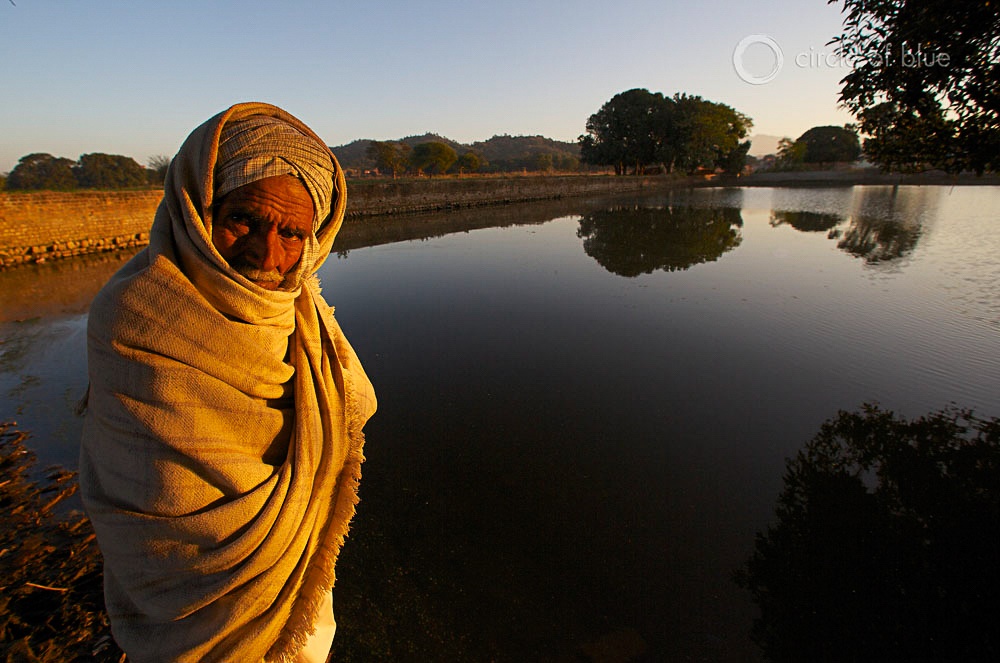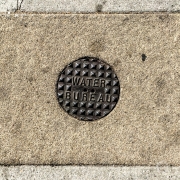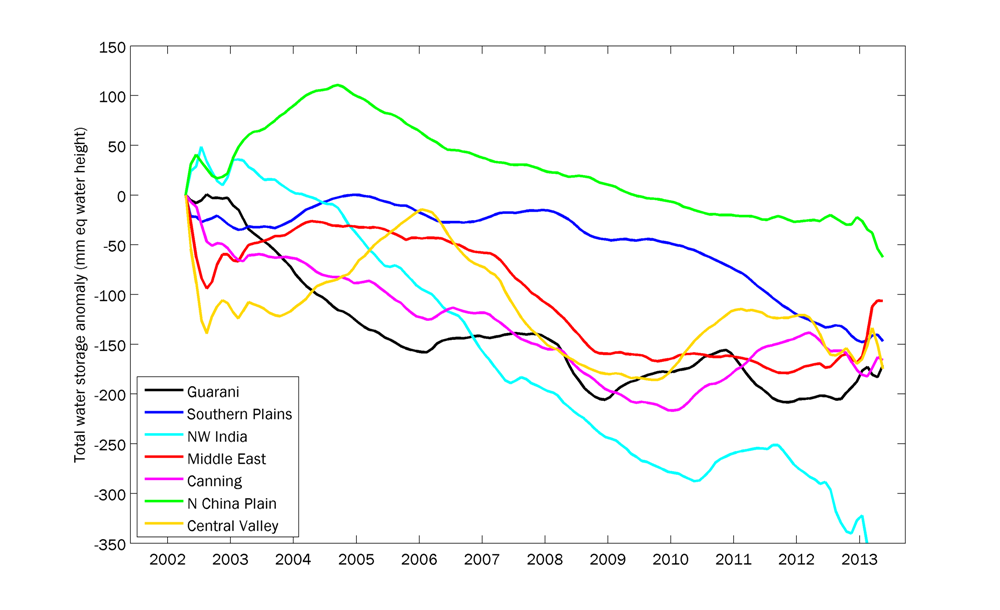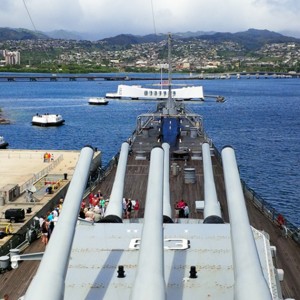At Paris Climate Talks, Water Is on the Rise
Water groups, active in Paris, focus on implementing a climate agreement
By Brett Walton
Circle of Blue
For years, water advocates have argued that a global climate agreement must recognize that a warming planet will dramatically alter familiar cycles of precipitation and evaporation. Droughts, floods, and rising seas will overwhelm communities that are not prepared.
World leaders are beginning to understand the message.
In Paris, water groups are deploying the tactics and armature of a polished public relations campaign. There is a slogan (“Water is a connector, not a sector”) and a unified message. There are position papers and press conferences. There is even a Twitter hashtag (#ClimateIsWater).
“Water is a local good. What happens with water boils down to what happens on the ground.”
–Torgny Holmgren
Stockholm International Water Institute
The result is that water is being discussed in Paris with greater clarity, precision, and commitment than at any previous United Nations climate summit, according to observers. The theme for December 2 is resilience, with several sessions dedicated to water. Yesterday, a UN science agency urged negotiators to consider more carefully the role of groundwater in climate adaptation.
The attention this week concludes year in which leaders awoke to the importance of water. In January, the World Economic Forum, a who’s who of the political and business elite, named water crises as the top global risk. In September, the United Nations General Assembly adopted a series of sustainable development goals that included six targets for water — targets that address sanitation, ecosystems, management, efficiency, and pollution.
Water advocates are already planning ahead, explained Torgny Holmgren, executive director of the Stockholm International Water Institute. He said that getting water inserted into the text of the climate agreement — it was not mentioned in a 51-page draft that was released in October — would be a satisfying outcome, but the groups are more concerned with what happens in the months and years after negotiators leave Paris.
Implementing an international climate agreement, Holmgren said, is where water truly matters. Efforts to reduce carbon pollution and adapt to floods, droughts, heat waves, and rising seas depend on policies, investments, and plans by local, state, and national officials.
“Water is a local good,” Holmgren explained. “What happens with water boils down to what happens on the ground.”
Two agreements are the centerpieces for turning the words and speeches at Le Bourget conference center into action. One is the Paris Pact, an agreement to incorporate climate adaption into local water plans. Nearly 290 countries, international organizations, and water management agencies signed the pact and have pledged $US 20 million in technical assistance for planning at the watershed level and up to $US 1 billion in project financing.
Some of the pledges include:
- A seven-year commitment from Jordan, Lebanon, Monaco, Morocco, Spain and Tunisia to assess water resource availability in the Mediterranean region
- A project in Morocco to increase resilience of the agriculture sector through water-saving irrigation practices
- A four-year collaboration in Mexico to improve management of water resources and water services in the Mexico Valley
- A three-year commitment from China to improve management of the Hai River Basin
- The launch of a hydrological and meteorological monitoring program in the Congo Basin of central Africa that will benefit more than 160 million people
Cities and businesses have also pledged support through a set of related agreements. The Megacities Coalition, which represents 10 cities with 85 million people, will share information and best practices. The Business Alliance for Water and Climate Change is a commitment signed by 27 large companies, such as Danone, Unilever, and Veolia, to measure and report their water risks.
Second are the national climate plans, called INDCs in the diplomatic lingo. These plans outline the actions that each country will take to reduce carbon pollution and adapt to climate change. According to the French Water Partnership, roughly 80 percent of the INDCs include a water component.
Few of the adaptive actions, however, will take place without money and technical support. Holmgren hopes that the climate funds being discussed at the Paris conference will finance water projects and assessments.
Brett writes about agriculture, energy, infrastructure, and the politics and economics of water in the United States. He also writes the Federal Water Tap, Circle of Blue’s weekly digest of U.S. government water news. He is the winner of two Society of Environmental Journalists reporting awards, one of the top honors in American environmental journalism: first place for explanatory reporting for a series on septic system pollution in the United States(2016) and third place for beat reporting in a small market (2014). He received the Sierra Club’s Distinguished Service Award in 2018. Brett lives in Seattle, where he hikes the mountains and bakes pies. Contact Brett Walton










